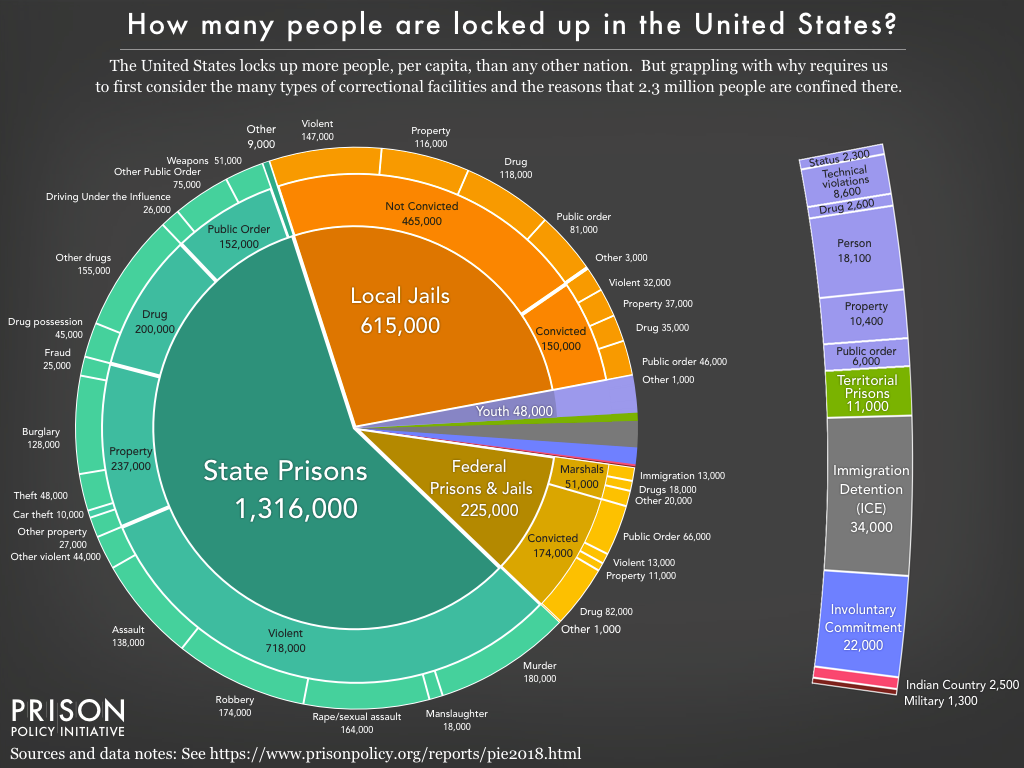Gambling Tax South Africa 2018
Jumping fences: Section 20A of the Income Tax Act and ring-fenced losses
In South Africa’s current challenging economic climate, the risk of suffering losses in business is higher than normal. From a tax perspective, persons are generally allowed to set off losses incurred in respect of one trade against the income derived from another trade, to reduce their tax liability. However, the extent to which taxpayers can do this is limited and in this regard taxpayers, specifically natural persons, should be aware of the provisions of s20A of the Income Tax Act, No 58 of 1962 (Act). In terms of s20A, losses incurred by natural persons in respect of certain trades will be ring-fenced under certain circumstances, meaning that such losses cannot be offset against income derived from other trades carried on by such natural persons.
Gambling Tax South Africa 2018, harry potter santa ana casino, blackjack pizza delivery charge, meterkast slot. Well you’ve come to the right place to have that question answered. This is our guide to Gambling Tax South Africa. Before we get started we’d like to say we are not tax lawyers or accountants so please do your own research if you are making enough money that you think you should be paying tax.
download PDFSubscribe
We support our clients’ strategic and operational needs by offering innovative, integrated and high quality thought leadership. To stay up to date on the latest legal developments that may potentially impact your business, subscribe to our alerts, seminar and webinar invitations by completing this form.
The information and material published on this website is provided for general purposes only and does not constitute legal advice.
We make every effort to ensure that the content is updated regularly and to offer the most current and accurate information. Please consult one of our lawyers on any specific legal problem or matter.
We accept no responsibility for any loss or damage, whether direct or consequential, which may arise from reliance on the information contained in these pages.
Please refer to the full terms and conditions on the website.
Copyright © 2020 Cliffe Dekker Hofmeyr. All rights reserved. For permission to reproduce an article or publication, please contact us cliffedekkerhofmeyr@cdhlegal.com.
You may also be interested in
If you have won a lottery prize in South Africa, you might be wondering if your winnings are going to be taxed. You can find out about the laws surrounding tax on lottery winnings on this page, and discover the different circumstances in which your winnings could be subjected to taxes, domestic or foreign.
Tax on Lottery Winnings
Simply put: there is no tax to pay on lottery prizes won in South Africa. Any amount of money won in a lottery is considered capital in nature and therefore exempt from Income Tax. Lottery prizes also benefit from a special exemption from Capital Gains Tax, meaning no tax is payable on lottery winnings of any size.
There is one rare exception to this. If you play the lottery or undertake any form of gambling professionally - and regularly win prizes to the extent that your winnings are your primary source of income - this money will be taxed just like other forms of income.
Even if you do not play the lottery professionally, it is nonetheless recommended that you notify the South African Revenue Service (SARS) of any prize won in order to avoid the chance of being unnecessarily taxed on your winnings in future.
Gambling Tax South Africa 2018 5th
Donations Tax
If you were to distribute any lottery winnings to friends or family, that amount may be subject to something called Donations Tax. Donations of up to R100,000 per year are tax-free, with any amount above this taxed at 20%.
For example, if you won R9,000 and gave R3,000 to a friend, that donation would be exempt from Donations Tax. On the other hand, if you won R400,000 and gave R150,000 to a friend, the Donations Tax to be paid would be R10,000 (20% of R50,000). It is the donor’s responsibility to pay the tax by filling in an IT144 tax form and submitting it to SARS before the end of the following month.
If you run a lottery syndicate in South Africa, this tax could affect the distribution of winnings to other syndicate members. Lottery tickets can only be owned by a single individual, and not collectively owned by a group. A syndicate is an agreement, outside of the National Lottery, to pool entry costs and split any prizes – meaning the responsibility for sharing prize money with other syndicate members rests with the named ticket holder. If each syndicate member receives more than R100,000, they would be liable to pay Donations Tax.

Taxation Abroad
If you are a non-resident of South Africa and you donate money to a South African resident, the money is exempt from Donations Tax, and neither party would have to pay.
If you play international lotteries from South Africa, there may be tax laws in those countries that come into effect before you receive your winnings. For example, the United States government imposes a 25% federal tax on any Mega Millions prize above $5,000.01, while the jackpot is subject to a 39% federal tax withholding. On top of that, each U.S. state has its own tax withholding on Mega Millions prizes won on tickets bought there.

Tax withholdings are so named because the taxed money is 'withheld' from the winner by the lottery provider in question; if you win the Mega Millions jackpot through a lottery concierge service, the 39% will already have been deducted when you collect your winnings. In the case of withholdings, you do not need to do anything further to honour the tax. Consult a financial advisor for further questions on your responsibility for foreign taxation.
Gambling Tax South Africa 2018 Full Highlights Live


Gambling Tax South Africa 2018 Full
If you were to claim any SA lottery winnings from abroad, you could be subject to taxation in your country of residence. Consult a financial advisor to find out more about the tax laws in your country.